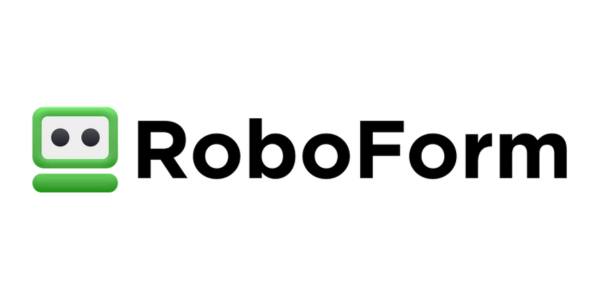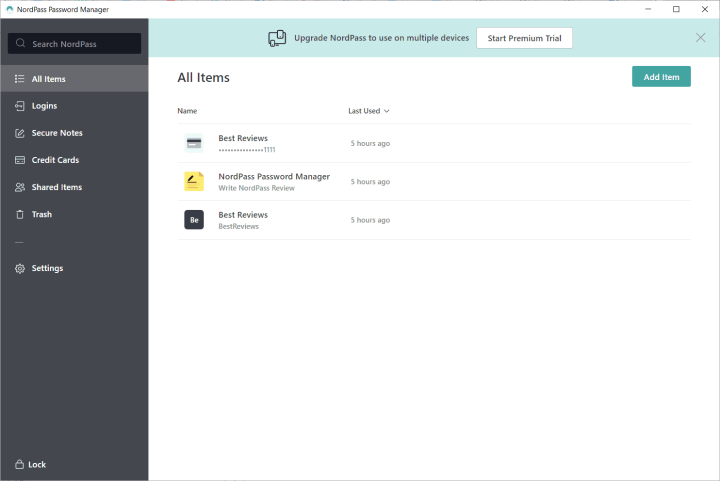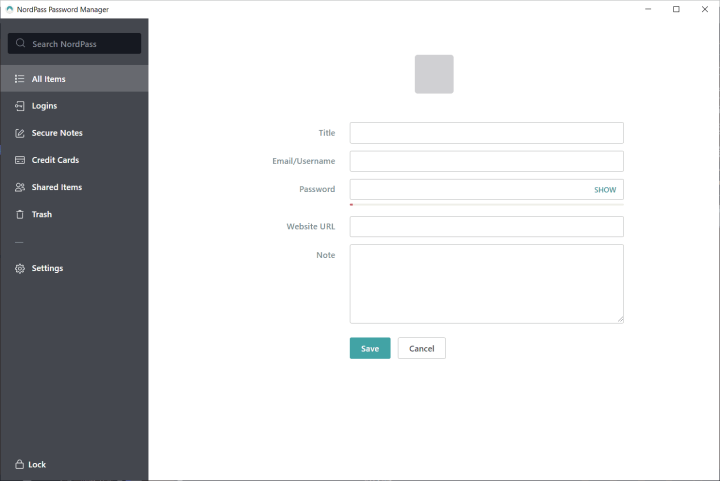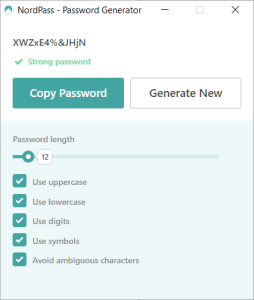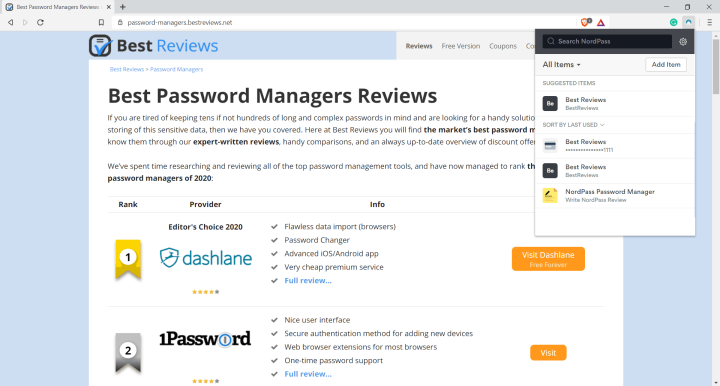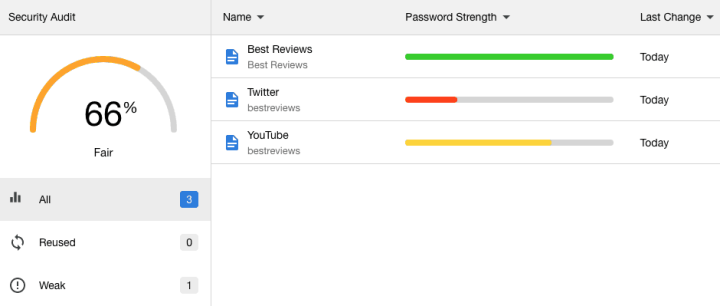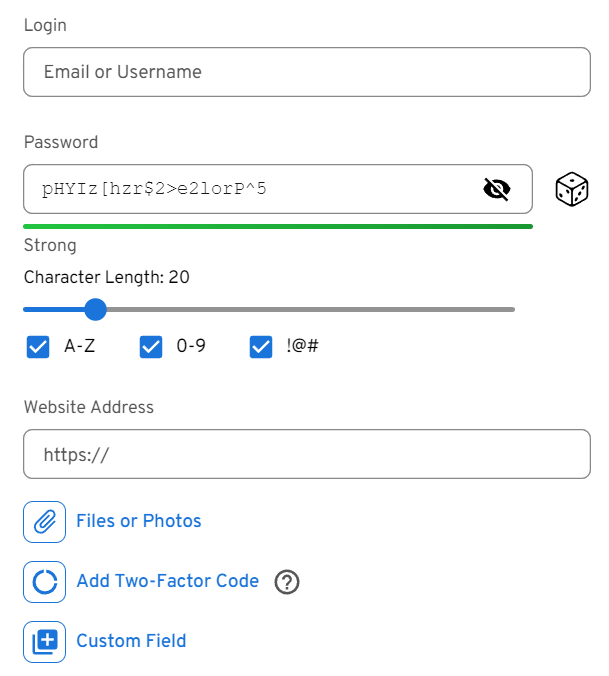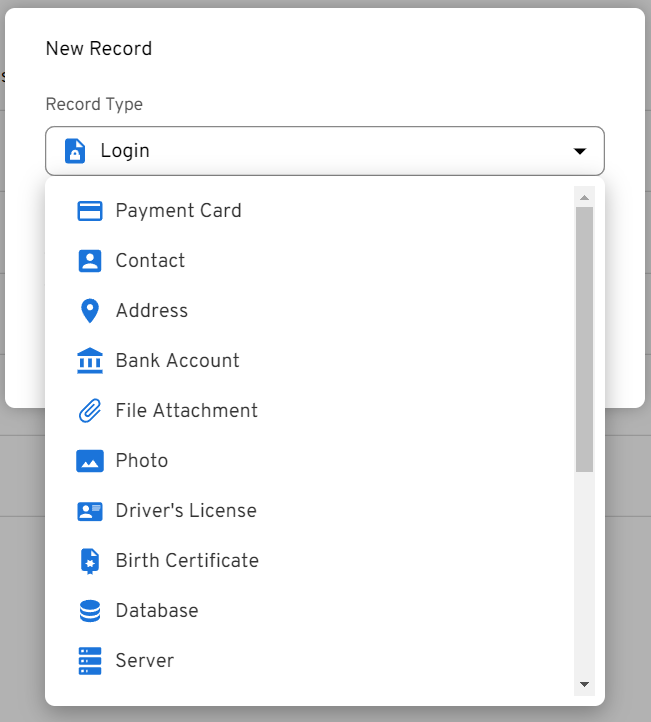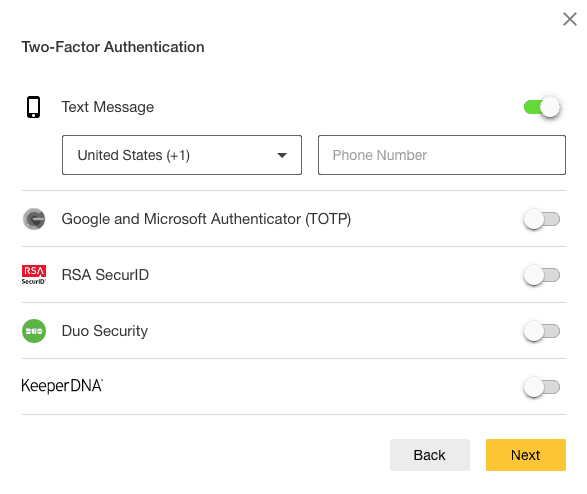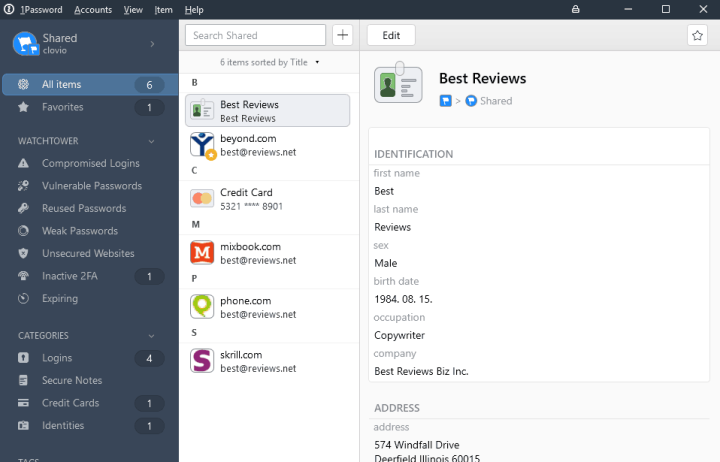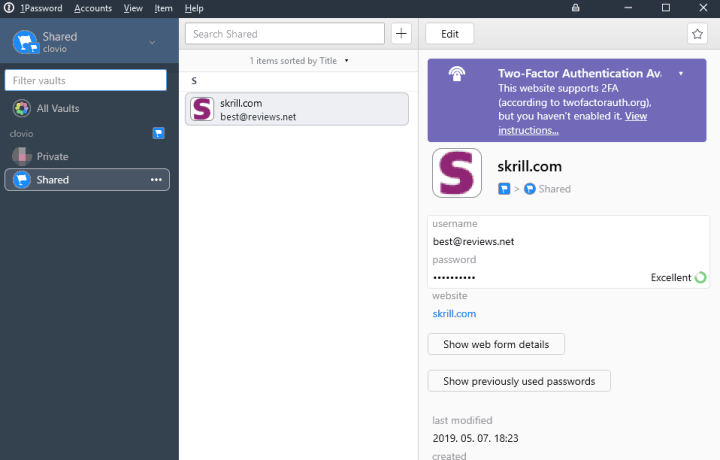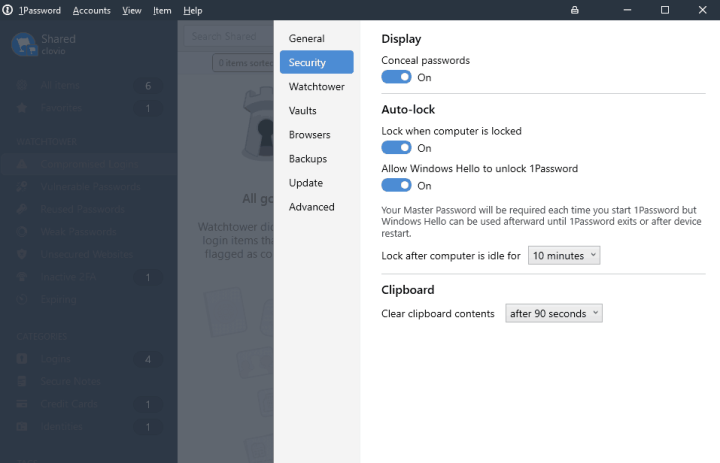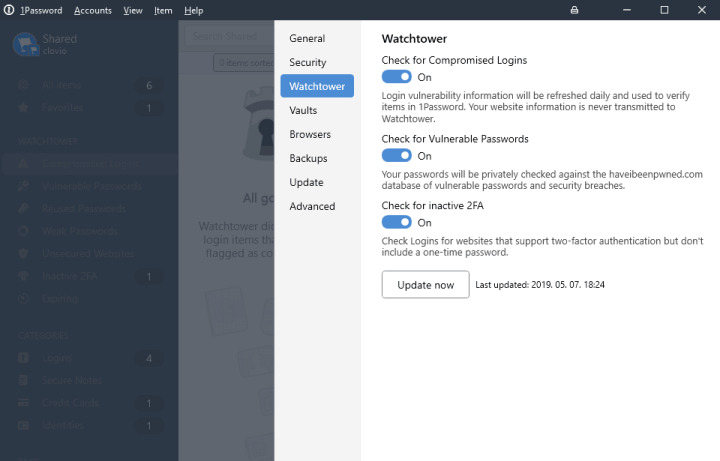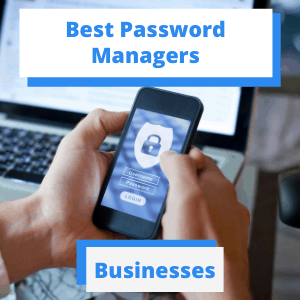 Whether for professional or personal purposes, memorizing passwords is never easy. Things get even trickier in work environments, as employees have no choice but to rely on strong and complex passwords, to avoid wrongdoers getting their hands on highly sensitive business data and paralyzing entire networks. However, if workers aren’t specifically told how to keep their accounts safe and/or they aren’t given the right tools to do so, they may take things even more lightly than at home.
Whether for professional or personal purposes, memorizing passwords is never easy. Things get even trickier in work environments, as employees have no choice but to rely on strong and complex passwords, to avoid wrongdoers getting their hands on highly sensitive business data and paralyzing entire networks. However, if workers aren’t specifically told how to keep their accounts safe and/or they aren’t given the right tools to do so, they may take things even more lightly than at home.
This is where business password managers enter the picture. In addition to offering a convenient way to store complex logins without needing to remember them, company password management solutions are tools that improve password strength, and therefore the business’s overall cybersecurity. They can also be beneficial to business performance thanks to features like the safe credential sharing between organization members or the monitoring options provided for admins.
Importance of Password Security in Business
Though there are no particular differences between cyberattacks committed against individuals and businesses, companies are more prone to threats than home users for a simple reason: data acquired from companies is more valuable. From a hacker’s point of view, stealing from an individual isn’t that exciting. In the case of a company, all it takes is for a single employee to have bad password hygiene, fall for phishing, or leave the computer unprotected against malware, and the ensuing domino effect could compromise the entire business. Granted, it isn’t always employees’ fault that company data gets stolen, but there is no denying that most business cybersecurity breaches are direct consequences of human negligence. Combine this with the constant threats lurking around the internet, and you’ll have a Mount St. Helen ready to sweep everything away in an instant.
Since people can and will make errors, making them understand that maintaining good password hygiene isn’t just for the company’s sake but for their own as well, is the most important thing to do where ensuring a company’s cybersecurity. If simple tools like password managers are involved, this can become totally manageable.
Recommended Password Managers for Businesses
NordPass Business
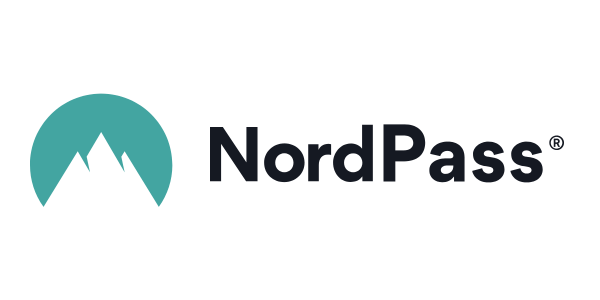 NordPass Business is one of the most user-friendly password managers out there. The software’s core function is its ability to store both personal and business credentials, but additional information like credit card details can also be added to the platform’s XChaCha20-encrypted vaults. Furthermore, the password manager’s autofill tool lets you log in to any account in seconds. Security-wise, one of NordPass Business’ selling points is its ability to serve as an authenticator, generating time-based one-time passwords (TOTP) for two-factor authentication (2FA) effortlessly. In fact, the platform can enforce the use of 2FA and complex passwords.
NordPass Business is one of the most user-friendly password managers out there. The software’s core function is its ability to store both personal and business credentials, but additional information like credit card details can also be added to the platform’s XChaCha20-encrypted vaults. Furthermore, the password manager’s autofill tool lets you log in to any account in seconds. Security-wise, one of NordPass Business’ selling points is its ability to serve as an authenticator, generating time-based one-time passwords (TOTP) for two-factor authentication (2FA) effortlessly. In fact, the platform can enforce the use of 2FA and complex passwords.
Although only the personal version of the software is available for free, NordPass Business is still an affordable solution, especially when subscribing for two years. Moreover, the password manager is available for 14 days at zero cost.
Keeper Security for Business
Another great solution tailor-made for businesses is
Keeper Security for Business. With Keeper Security for Business, each employee gets their own private vault, and you can set different permission levels for each one. Most importantly, the software makes sure your company’s passwords are secure by offering advanced reporting on all your credentials – showing who logged in and when, what method they used to log in, and even failed login attempts. The software also helps users generate strong, complex passwords and easily access them through the desktop or mobile app. To top it all off, Keeper ensures your credentials’ safety by performing regular audits on its own software.
Keeper Security for Business supports its business clients with 24/7 support and even offers training from its team of specialists. Interested businesses can take advantage of the company’s 14-day free trial to test out the service first.
1Password Business
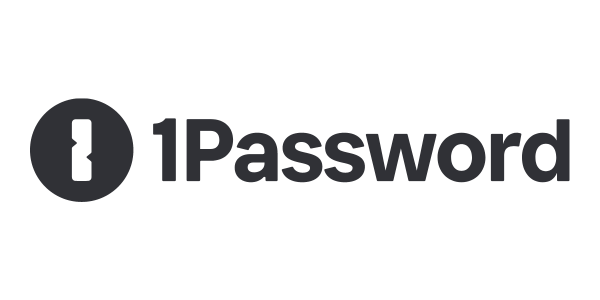 The business version of 1Password can only be described as a powerhouse. Admins are especially in for a treat because, in addition to being able to easily control user permissions, they also get extras like automatically generated usage reports or the option to temporarily remove sensitive data from the devices of travelling employees. Team members, on the other hand, enjoy the bespoke apps, the outstanding login monitoring options, and the seamless switching between the personal and business vaults. And to top it all off, the software pays particular attention to improving business performance by allowing you to create actionable tasks in Slack.
The business version of 1Password can only be described as a powerhouse. Admins are especially in for a treat because, in addition to being able to easily control user permissions, they also get extras like automatically generated usage reports or the option to temporarily remove sensitive data from the devices of travelling employees. Team members, on the other hand, enjoy the bespoke apps, the outstanding login monitoring options, and the seamless switching between the personal and business vaults. And to top it all off, the software pays particular attention to improving business performance by allowing you to create actionable tasks in Slack.
1Password offers three different business tiers, with packages depending on what features your company needs. The lower-tier plan comes at a flat rate of $19.95 and supports up to 10 users, whereas the Business subscription costs $7.99 per month per user. Large companies can get a custom quote by contacting 1Password.
Securely Sharing Passwords and Sensitive Data
The best thing about password managers is that whatever information is stored in their vaults remains secure all the time – at least on a local level. However, the vast majority of password management solutions also provide the same level of encryption when syncing between devices and, more importantly, when credentials are shared with others with the program. This way, it ensures that logins – and many other types of highly sensitive data like credit cards, software licenses, wireless network details, etc. – never leave the safe environment of the password manager and, therefore, are only seen by those who use the same program for managing their passwords.
For that reason alone, password sharing isn’t for individuals, but for those who regularly have to share accounts and need to get access codes without disclosing them to unwanted people or worse: cybercriminals. In other words, this feature is mostly for family members and employees whose company requires them to use the same password manager. However, note that using the same app has significance here; password sharing only works if it’s done within the same environment, meaning that forwarding credentials to another password manager isn’t possible without exposing them.
Productivity Gains With a Password Manager
Aside from the security aspect of using password managers, there is one thing many people overlook when business password management comes up, and that’s how these tools improve productivity. The most obvious benefit of using password managers is that the time it takes to log into business accounts is significantly reduced thanks to the app’s automated password filling capabilities. Employees avoid looking up tens if not hundreds of passwords manually, not to mention that they never ever have to come up with and then memorize strong logins either.
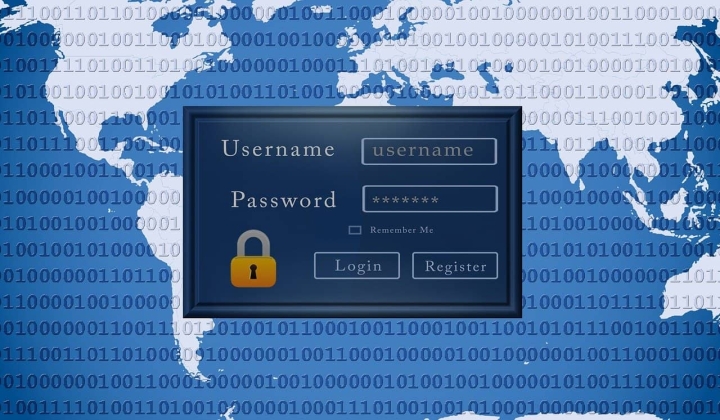
What’s more important, however, is that with business password managers, employees are given the necessary tools to safely store their personal and business credentials while still being kept under control by employers via the admin control panel. And since workers are part of the same system, they can easily share information with each other, which is not only more effective but also prevents them from breaking the law by disclosing sensitive data outside the password manager’s encrypted environment. And then there’s the fact that these programs are cross-platform, providing convenience and advanced protection on all devices that they’re installed on.
Company Password Policies and Best Practices
Despite being useful, password managers are just the first step in achieving full protection against wrongdoers. In order to make sure workers do everything in their power not to make their accounts an easy target for wrongdoers, enforcing a password policy is crucial. Creating such a policy can be a challenge – maybe less so if a password manager is involved – but by studying good and bad examples alike, anyone can get the hang of coming up with their own set of rules for their company. In fact, if the business’s password policy is straightforward about the rules and treats employees like the responsible adults they are, then it already meets the most important requirements of a good password policy.
However, password managers and password policies are just a part of the whole cybersecurity picture. For the fullest of protection against all kinds of threats, installing other solutions like antiviruses and VPNs is also highly recommended. Although having so many internet security apps may seem like overkill, they are just as easily operated as password managers, plus they work in the background and so become invisible guardian angels battling against the hordes of cybercriminals.
Best Password Managers of 2024
| Rank | Provider | Info | Visit |
1
|
Editor's Choice 2024
|
|
|
2
|
 |
|
|
|
3
|
|
Get the Best Deals on Password Managers
Subscribe to our monthly newsletter to get the best deals, free trials and discounts on password managers.
